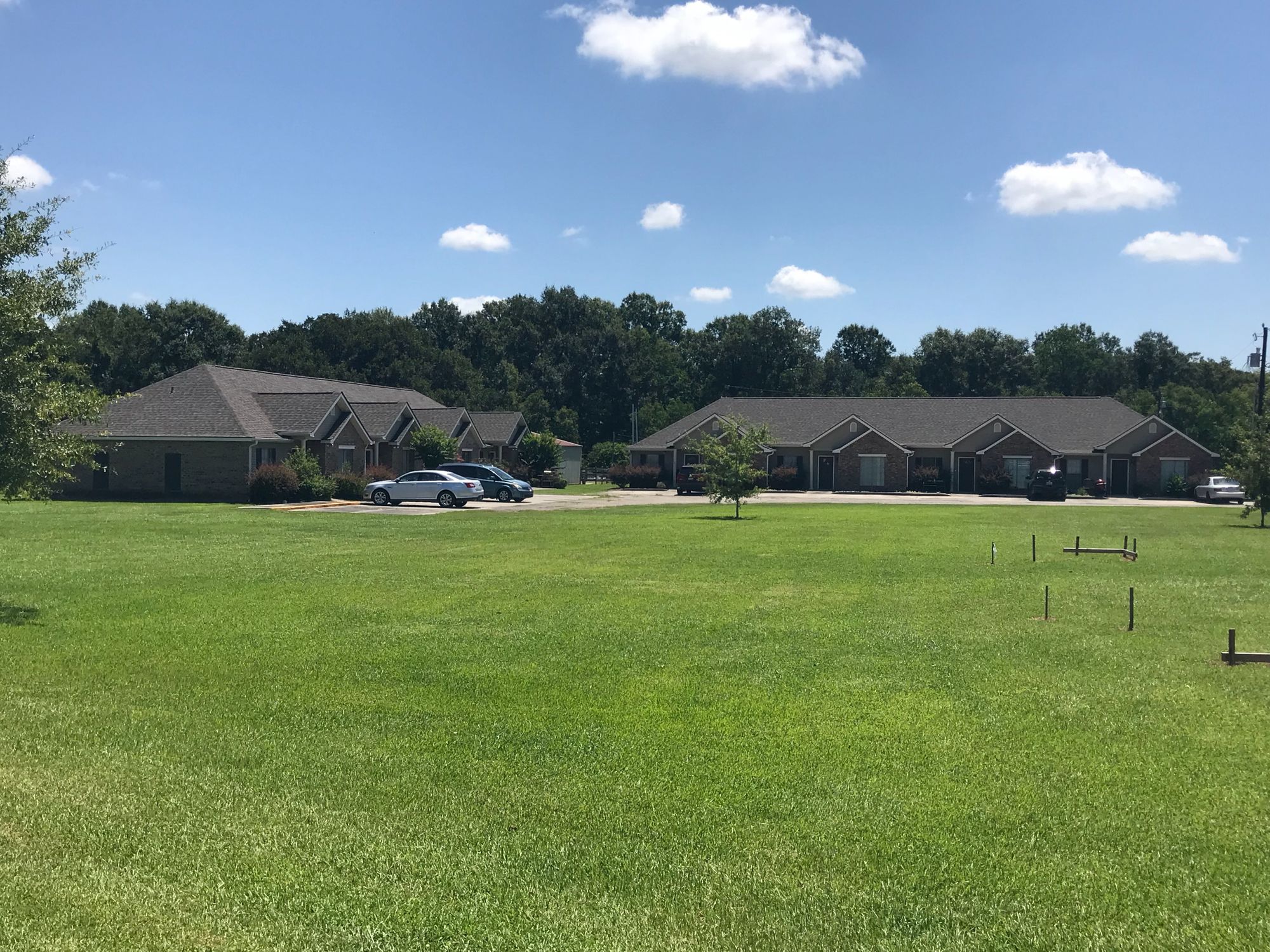$1,706,000 Loan Closed for 30-Unit Apartment Property in Ponchatoula, Louisiana
Last week, Janover Ventures' Brandon Ramineh closed a $1,706,000 Fannie Mae Small Loan for Carriage House Apartments, a 30-unit apartment property in Ponchatoula, Louisiana. I sat down with Brandon to discuss the transaction, the Fannie Mae Small Loan program, and what borrowers should understand about the current state of the small-balance multifamily lending market.

What made this deal special or unique?
Several aspects made this deal unique. First, the property consisted of six quadplexes and three duplexes, which, by itself, is a somewhat unique configuration. The borrower self-manages these properties with his wife since his residence is next door. Second, this was the borrower's first venture into non-recourse agency financing. He's always utilized bank financing in the past, so the entire agency loan application process was certainly a different experience. In addition, since the borrower wanted a 30-year fixed-rate mortgage, we needed to use Fannie Mae financing. Unfortunately, Louisiana is a pre-review market for Fannie Mae. This means that Fannie typically limits leverage in this specific market and generally needs to approve a deal before it can move forward.
How was the application and approval process for the borrower?
As I just mentioned, this was our borrower's first agency loan and the deal wasn't time-constrained, so we decided to take things slowly. Unlike bank financing, in order to move forward, agency financing requires an expense deposit. The concept of an expense deposit was unheard of, causing him (and some other first-time agency borrowers) to be a bit skeptical about wiring large sums of money.
What were the terms and size of the loan?
The original loan request from the borrower was to max out proceeds, but, as I previously mentioned, we were limited on leverage because of the market. For this specific deal, we were able to achieve 65% LTV. The borrower's original assumption of value put us at $1,560,000 for the loan amount. After the appraisal was returned, we discovered that the property was worth significantly more, allowing us to obtain a loan of $1,706,000. The 30-year fixed-rate, fully-amortizing loan was issued at a 5.42% interest rate.
One thing that impacted the deal is the fact that Fannie Mae only issues rate locks at commitment (a week or so prior to closing). This means that, over the course of underwriting, rates can fluctuate up or down (depending on the corresponding Treasury rates) from the original quote.
What are the benefits of the Fannie Mae Small Loan program for borrowers? Is it a popular program?
Fannie Mae Small Loans have a lot of benefits, particularly for specific types of multifamily borrowers. One of the most significant upsides is that this program offers great pricing in secondary and tertiary markets (like Ponchatoula, Louisiana, where our borrower's property was located). In addition, Fannie Mae Small Loans permit terms and amortizations up to 30 years.
The most important terms of the program include:
- LTVs up to 80%
- 30-year amortizations
- A variety of fixed-rate terms up to 30 years
- Interest-only (I/O) options available
- Closings between 45-75 days
- Non-recourse (with standard bad boy carve-outs)
What else can you tell us about the small balance multifamily lending market? Are there any updates borrowers should know about?
About two months ago, the FHFA (Federal Housing Finance Administration), which oversees Fannie and Freddie, expanded the agencies' loan caps to $100 billion each for the next five quarters (Q4 2019 to Q4 2020). This was amazing news and really reassured people in the industry. A few weeks prior, Fannie and Freddie increased rates and almost pulled out of the market, which left a lot of borrowers and lenders worried about the future.
In addition, Freddie Mac recently reduced their rates. In terms of small balance loans, Freddie typically prefers deals in primary markets (so it isn't an ideal choice for everyone). However, in certain situations, it's beginning to become a more attractive option than Fannie.
For borrowers who may not qualify for agency financing, CMBS can also be a great option (particularly because rates have also dropped recently). For well-qualified borrowers with a little extra time on their hands, HUD/FHA multifamily financing can also be a fantastic choice.
